
Anthill Of The Savannah by Albert Chinualumogu Achebe
NGN16,150
*Author, anthill of the savannah*
Albert Chinualumogu Achebe, better known by his pen name Chinua Achebe, was a Nigerian novelist, poet, critic, and lecturer who lived from 16 November 1930 to 21 March 2013. Things Fall Apart, his debut novel, is the most widely read work of modern African literature and is regarded as his magnum achievement.
Achebe was born and raised by his parents in the southern Nigerian Igbo town of Ogidi. He was a standout student who received a scholarship for his undergraduate education. As a university student, he started writing stories after becoming attracted by traditional African cultures and other world religions.
He relocated to the city of Lagos shortly after working for the Nigerian Broadcasting Service (NBS) following his graduation. His further books include No Longer at Ease (1960), Arrow of God (1964), A Man of the People (1966), and Anthills of the Savannah (1987). He first received international recognition for Things Fall Apart in the late 1950s. Achebe defended the use of English, a “language of colonizers,” in African literature while penning his works in the language. He famously criticized Joseph Conrad as “a thoroughgoing racist” in his 1975 lecture An Image of Africa: Racism in Conrad’s “Heart of Darkness”; the talk was eventually published in The Massachusetts Review amid some controversy.
Achebe supported Biafran independence after the territory split from Nigeria in 1967 and served as an envoy for the new country’s citizens. He made an appeal for assistance to the people of Europe and the Americas as the conflict decimated the population and violence and starvation took their toll. He got active in political parties when the Nigerian government retook the area in 1970, but he left them shortly after because of the elitism and corruption he saw. He spent several years of his life in the country throughout the 1970s, and in 1990, after a vehicle accident left him partially paralyzed, he moved back here.
Achebe, a titled Igbo chieftain, writes books that center on the Igbo society’s traditions, the impact of Christian influences, and the conflict between Western and traditional African ideals during and after colonialism. His writing style mainly draws from the Igbo oral culture and blends plain storytelling with illustrations of proverbs, folktales, and speeches. In addition, he released a variety of children’s books, essay collections, and short story collections. He held the positions of David and Marianna Fisher University Professor and Professor of Africana Studies at Brown from 2009 until his passing.
*Anthill of the savannah*
In the fictional West African nation of Kangan, newly independent of British rule, the hopes and dreams of democracy have been quashed by a fierce military dictatorship. Chris Oriko is a member of the president’s cabinet for life, and one of the leader’s oldest friends. When the president is charged with censoring the opportunistic editor of the state-run newspaper–another childhood friend–Chris’s loyalty and ideology are put to the test. The fate of Kangan hangs in the balance as tensions rise and a devious plot is set in motion to silence a firebrand critic.
From Chinua Achebe, the legendary author of Things Fall Apart, Anthills of the Savannah is “A vision of social change that strikes us with the force of prophecy.” (USA Today)


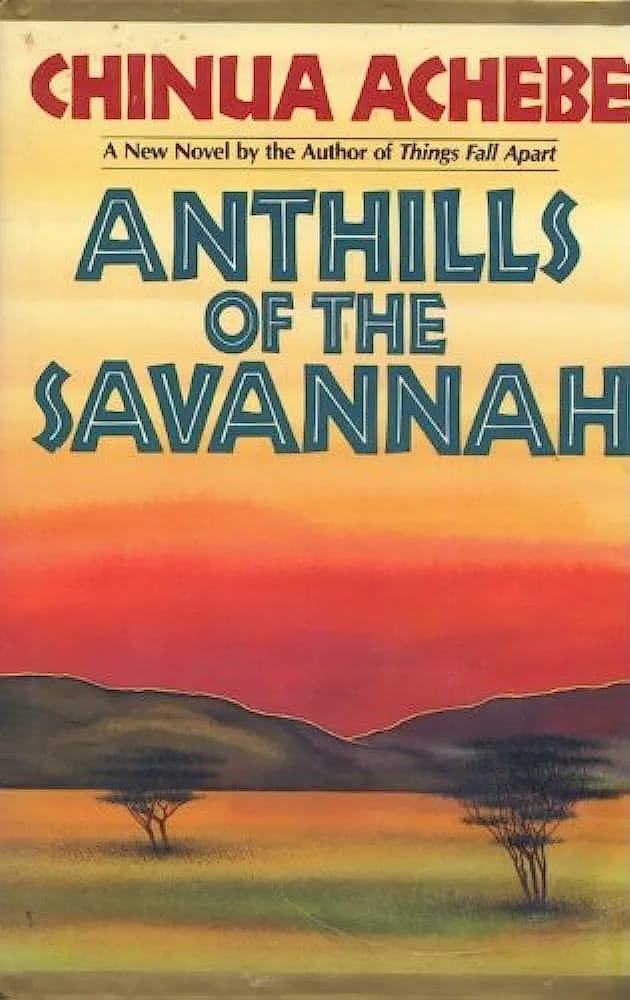
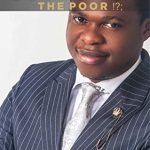
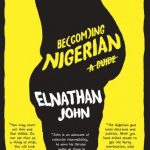
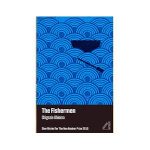
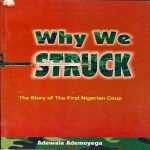
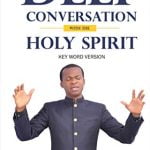


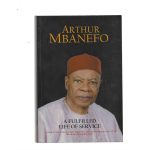
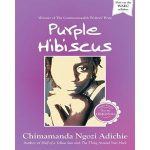

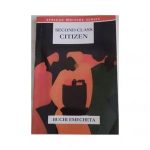

Reviews
There are no reviews yet.